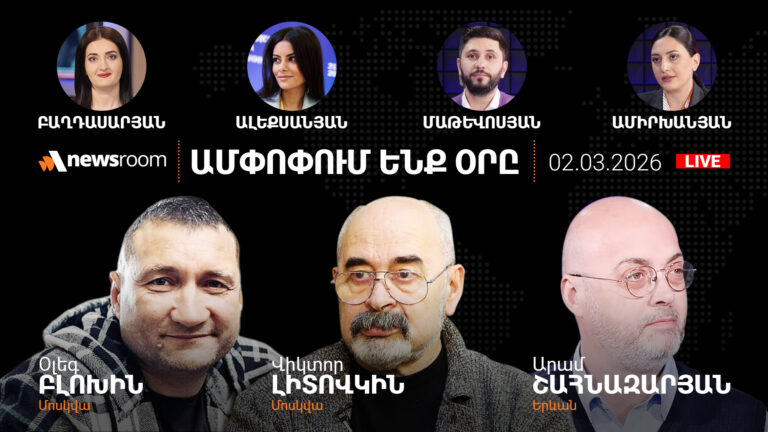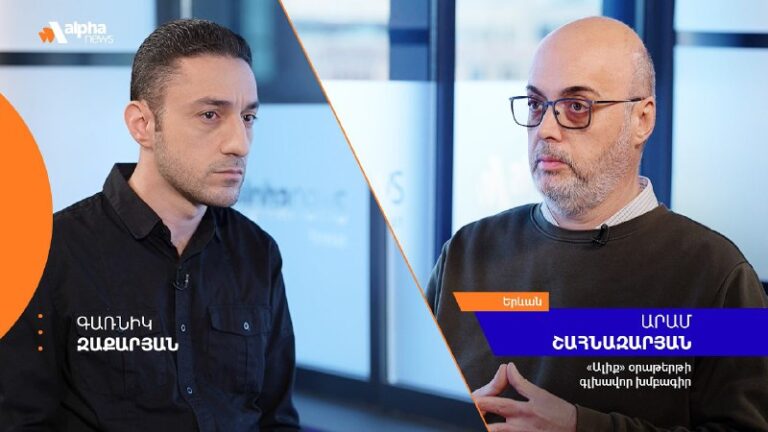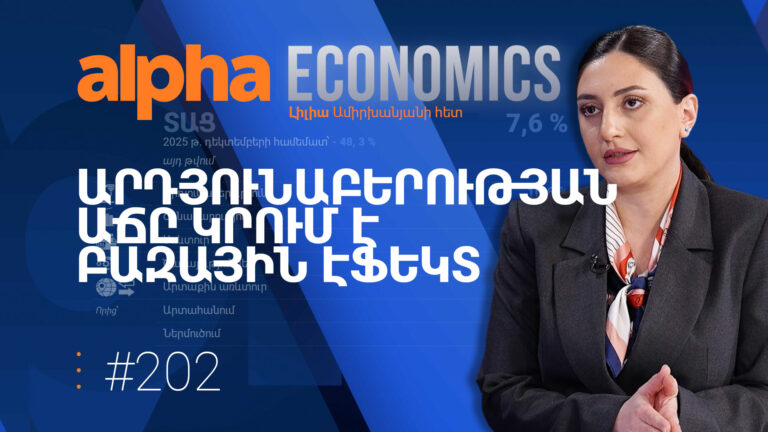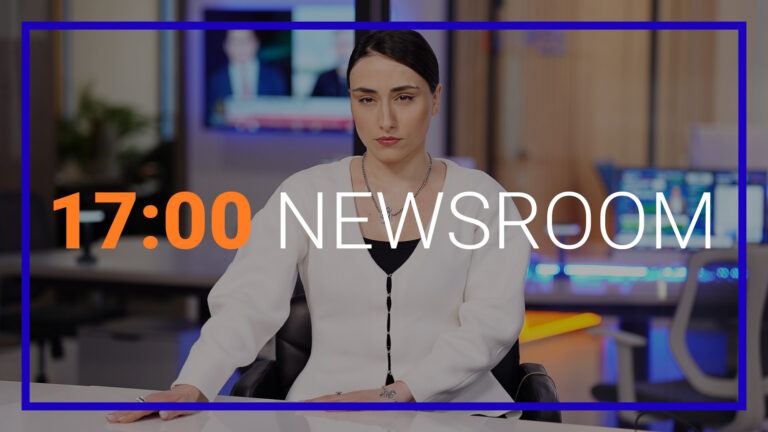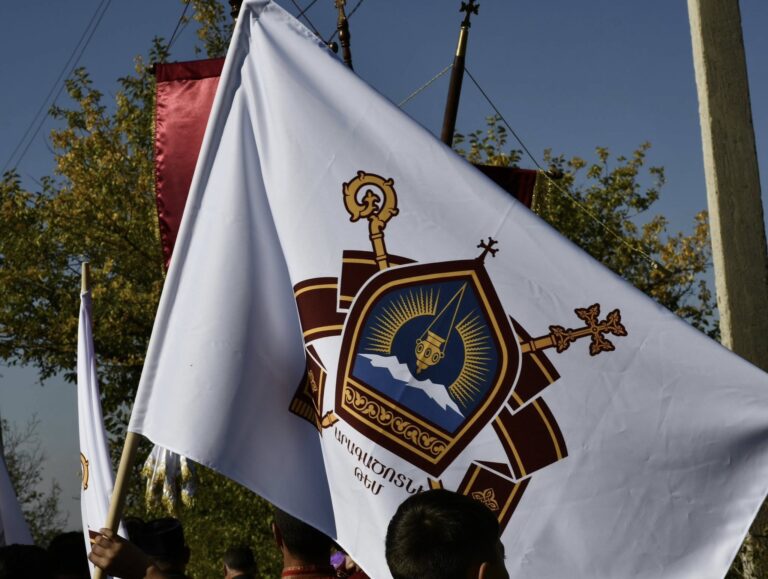Actions of Armenian authorities are not entirely friendly towards Russia, political scientist says
Speaking with Alpha News, political scientist Igor Semenovsky commented on Armenian-Russian relations, in particular the blocking of Sputnik Armenia broadcasts, as well as Russia’s approaches to Eurasian integration and the issue of labor migrants.
“I think that, after all, this (blocking Sputnik-Armenia broadcasting – ed.) is one of these signals that emphasizes the trend in relations, which, unfortunately, are on a downward trajectory. Especially if we take policy, security and interaction as part of integration associations. In this regard, of course, this is a fairly sensitive signal.
Sputnik Radio even broadcasts in many European countries. If it is restricted from broadcasting in a country that is Russia’s ally, of course, this is a signal that the actions of the current leadership are still not entirely friendly towards Russia,” Semenovsky said.
When asked whether it is possible to maintain economic relations while worsening political ones, as the Armenian authorities hope, the expert replied: “We already see that Russia is giving certain signals. This concerns additional checks of (Armenian) goods at the border, at the checkpoint (Verkhny Lars). This is an unambiguous signal that if you want to get along with us in the economy, then you would like to have normal interaction on the political track.”
Semenovsky commented on how interested Russia is in deepening Eurasian integration amid the conflict in Ukraine.
“I think we’ve always had the integration of different speeds for different fields. We can recall the analogy of the European integration of the different speeds. But Russia is now most interested in deepening this integration, especially during the special military operation.
We need to demonstrate the multi-vector and diversity of our foreign policy, including the Foreign Policy Concept approved in 2023, which already declared that Russia needs to create a space of friendly and amicable countries around itself. The institutions that exist within the post-Soviet space are the CIS, the EAEU, the CSTO, and the Union State—they are precisely aimed at harmonious relationships in terms of coordinating the will of the participating countries in decision-making in certain areas,” he said.
Regarding the problem of labor migrants, which is now actively discussed in Russia, Semenovsky said that the problems of migration and demography are closely related, and without solving the demographic problem, the issue of migration cannot be resolved. According to him, when Russia can fill itself with population, then the issue with migrants will close by itself, but for now, Russia is forced to draw these labor resources from other countries.

